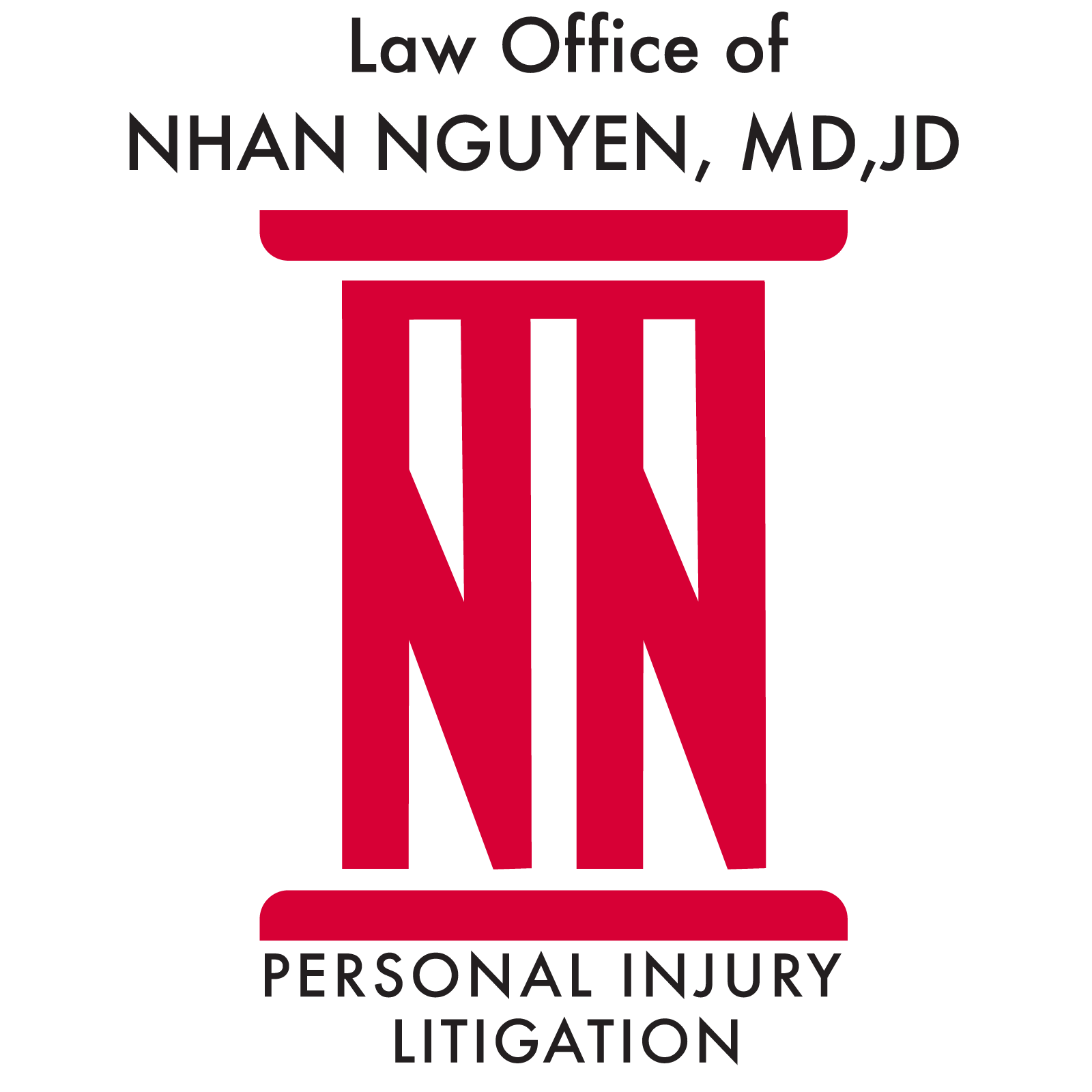According to data pulled from the Texas Department of Transportation, the state maintains greater than 79,000 miles of interstate highways — more than any other state in the country. This is only taking into consideration highways and not including major boulevards, avenues, backstreets, and other roadways.
In addition to the massive amount of roads in Texas, the state has a combined population of 26,956,958, according to the 2014 US Census. This is second in the country, only behind California with nearly 39 million people.
With a tremendous population and so much ground to cover, crashes and deaths are unavoidable. In just 2014, 237,941 people suffered injuries in car wrecks across Texas. On all combined roads in the state, including major city streets, there were 3,189 deadly collisions, resulting in 3,534 deaths that year.
Where Are These Crashes Taking Place?
In total, there was a total of 476,875 car accidents reported statewide. There were 101,699 wrecks recorded in Harris County alone, with 382 reported roadway fatalities. The vast majority of collisions in Texas take place in counties with large metropolitan areas, including:
- Bexar County (San Antonio)
- Dallas County (Dallas)
- El Paso County (El Paso)
- Harris County (Houston)
- Tarrant County (Fort Worth), and
- Travis County (Austin)
For a more precise diagnosis of crashes in all 254 counties in Texas, take a look at the Crashes and Injuries by County chart provided by the Department of Transportation. Regarding the kind of roadway where these accidents usually occur, statistics show that there is a straight relationship between the type of road — i.e. Rural or Urban — and the rate of crashes per 100 million vehicle miles.
Texas Highways
Out of all reported accidents in Texas, the highest frequency happened on “Farm-to-Market” roads, with 120.66 collisions per 100 million vehicle miles in rural areas and 232.45 collisions per 100 million vehicle miles in urban areas.
The second-highest rate of crashes occurred on state highways, with the third-highest rate of crashes taking place on U.S. highways and the lowest rate occurring on interstates.
For each roadway system, the rate of collisions per 100 million vehicle miles reported in urban areas was nearly two times than those in rural areas.

Roads in Texas
On general roadways, the number of collisions was highest on those with four or more undivided lanes, with 104.03 collisions per 100 million vehicle miles on rural roads and 292.97 collisions per 100 million vehicle miles on urban roads.
Two-lane and two-way roadways had a rate of 97.3 collisions per 100 million vehicle miles in rural areas and 190.62 crashes per 100 million vehicle miles in urban areas.
Four-lane divided roadways had the lowest reported crash rate compared to other road types.
Accidents still took place in urban areas at a rate nearly two times than those in rural areas.
What Factors Cause Texas Car Crashes?
There are multiple factors that can potentially contribute to a car wreck in Texas. Certain factors result in collisions at higher rates in urban areas which can be credited to more cars in the area, as well as a greater number of pedestrians or nearby infrastructure.
Also, traffic accidents in urban areas can negatively affect a driver’s behavior when making certain maneuvers, such as speeding up their commute by breaking the law, disregarding dividers, or failing to use turn signals. Across the state, the leading factors causing crashes in 2015 included:
- Failure to Control Speed — 125,126
- Driver Inattention — 91,833
- Failure to Stay in a Single lane — 32,937
- Unsafe Lane Change — 29,571
- Failure to Yield While Making a Left Turn — 28,713
- Unsafe Speed — 23,955
- Followed Too Closely — 23,850
- Failure to Yield at a Stop Sign — 23,807
- Faulty Evasive Action — 22,878
- Other — 26,428
In the majority of reported cases, there are many factors that could lead to a collision, such as unsafe speed or driver inattention resulting in a vehicle to run a stop sign. Driving under the influence or a legitimate medical condition could lead to a driver falling asleep behind the wheel.
In certain cases, only one factor is at play. All factors listed above pertain to actions made by the driver. Visibility and weather conditions can also cause accidents to varying degrees.
If you’ve been injured in a crash, were injured as a pedestrian, or suffered property damage due to a car wreck, contact a qualified Houston auto accident lawyer with extensive experience handling these types of cases. It’s very important to have the right legal representation and guidance throughout the stressful process of a personal injury claim to maximize the compensation you need to recover from your losses.
Car Wreck Attorneys in Houston
Dealing with the aftermath of a traumatic accident can be overwhelming on your own. When injured parties believe that a reckless driver is responsible for their injuries, they are able to pursue a personal injury claim to recover lost compensation. West Loop Law and the Law Office of Nhan Nguyen, MD, JD is here to make sure that you recover the full value of your claim. We will fight for the compensation you need to pay for your damages including medical bills, lost wages, pain and injury, and other expenses related to your accident. Give us a call today at 713-840-7200 to discuss your case with a qualified Houston personal injury lawyer.


Recent Comments